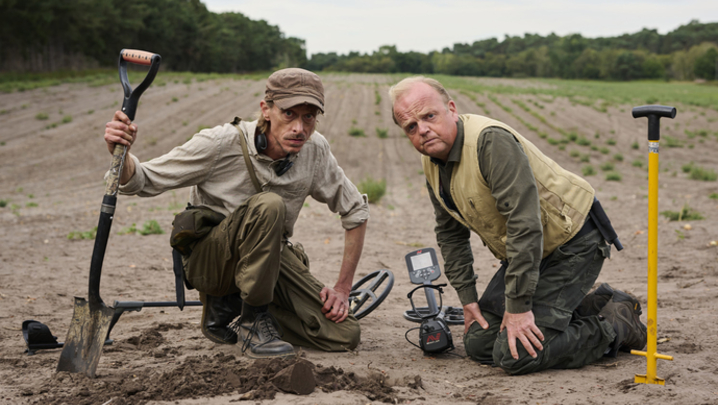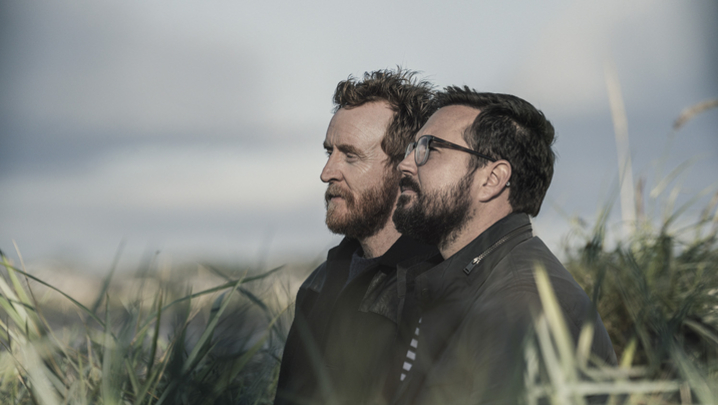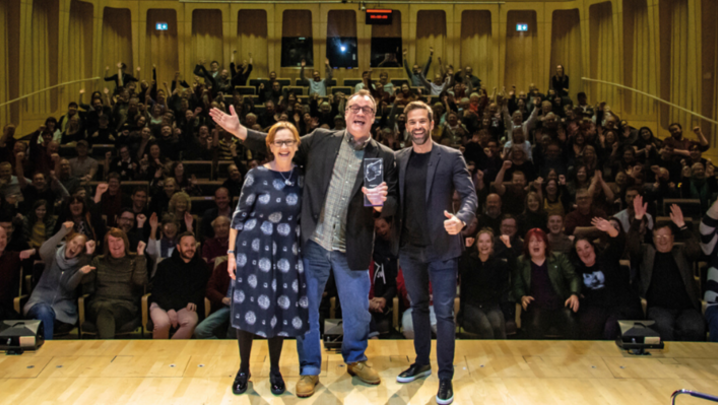An audience poll at an RTS and Institute of Welsh Affairs event revealed that the majority received their television services from England, not Wales
RTS Wales joined the Institute of Welsh Affairs to host a lively debate on the future of Welsh broadcasting at Glyndŵr University in Wrexham at the end of October.
In a pre-recorded video message, the Welsh Government’s Deputy Minister for Culture, Sport and Tourism, Ken Skates, expressed concern about the weakening position of broadcast media in Wales.
The RTS Centre’s administrator, Hywel Wiliam, gave a brief overview of the key features of the current communications market.
The BBC Trust’s Karl Davies argued the case for the creation of a discrete service licence for all of BBC Wales’s output. Currently, its television services are part of the BBC One and BBC Two service licences. There was a lively debate about how the licence-fee regulations could be adapted to cover viewers watching BBC services online. Only two audience members said they were still watching live television regularly – most claimed to be using on-demand services such as Netflix.
Wrexham is close to the border with England and research by Ofcom and the BBC has shown that many people in the town get their television services from transmitters in England.
However, a straw poll of the audience showed that only two people were receiving their TV services from the North West and the point was made that, in this age of broadband connectivity, access to services was a matter of choice.
“Is there a future for broadcasting in Wales?” was also attended by media students from Coleg Cambria. Several of them had developed their own online video projects for social media platforms.
The event was chaired by Glyndŵr University’s Graeme Park and recorded by students from the Department of Broadcasting and Journalism. An edited video of the discussion is being posted on the university’s website.






